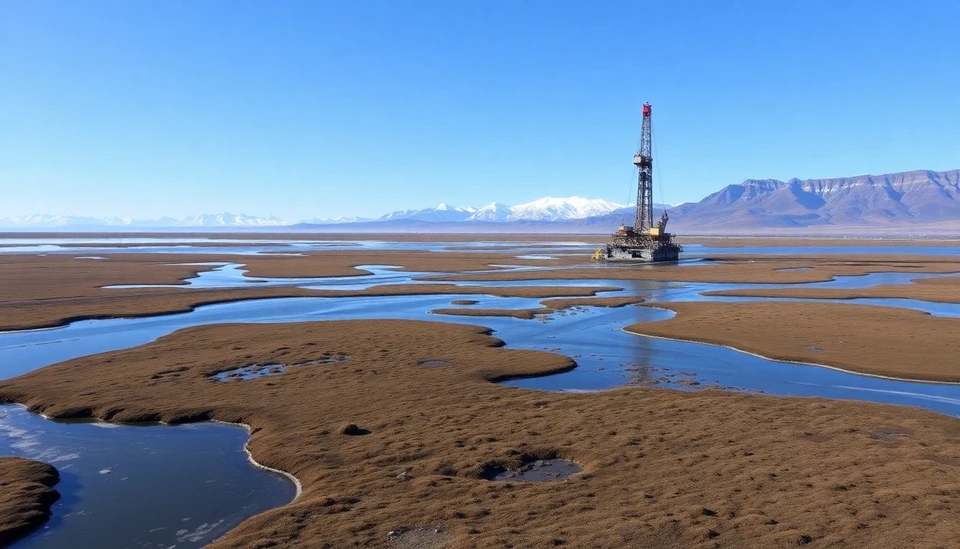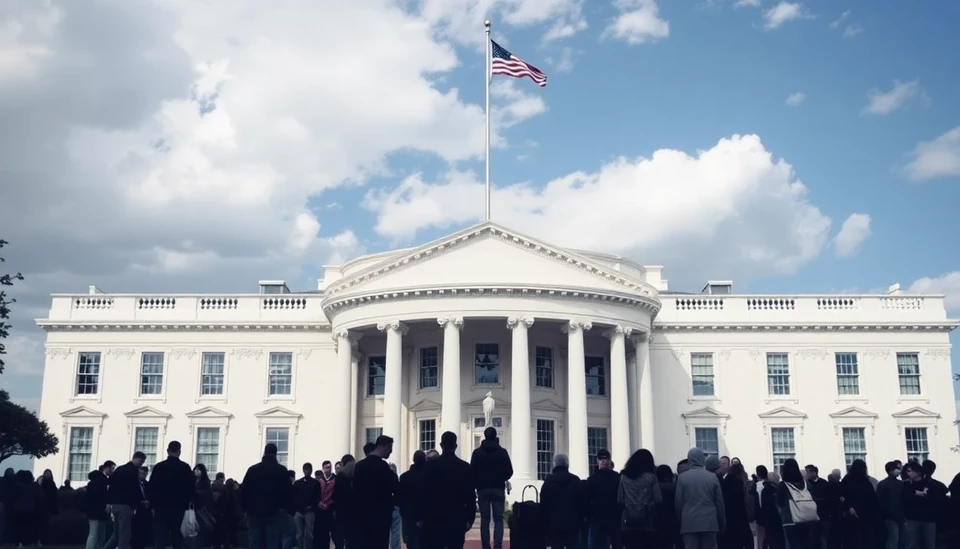
In a surprising turn of events, the Biden administration has announced a final auction for oil drilling rights in the Arctic National Wildlife Refuge (ANWR). This sale, scheduled for later this month, comes amid an array of ongoing debates surrounding environmental protection, climate change, and energy independence. The administration’s decision is leading to a considerable amount of scrutiny and criticism from environmentalists who have long fought to protect this ecologically significant area.
The Arctic Refuge is often described as America's last great wilderness. It is home to diverse wildlife, including caribou, polar bears, and migratory birds, and holds immense cultural significance for Indigenous communities. The move to auction off drilling rights has reignited long-standing tensions between economic interests in oil production and the imperative of safeguarding natural ecosystems.
Officials within the administration have defended the auction as part of a balanced approach to energy resources, citing federal mandates that compel the sale. However, these claims have met with skepticism as activists and environmental groups respond with outrage, insisting that the risks of oil exploration in such a sensitive habitat outweigh the economic benefits.
Several environmental advocacy organizations have mobilized rapidly, launching public awareness campaigns and legal challenges aimed at halting the auction. Critics argue that allowing oil drilling in the refuge contradicts the Biden administration's stated commitment to combat climate change and protect vulnerable ecosystems. They contend that this decision undermines the progress made toward sustainable energy practices and sets back years of conservation efforts.
The upcoming auction is the administration's first after a previous sale of drilling rights in 2017, which was conducted under the Trump administration. The current auction is shrouded in controversy, particularly with multiple stakeholders across the political spectrum voicing their concerns regarding ecological impact and the administration's broader energy policies. Many see this as a pivotal moment for Biden, whose presidency has been defined by a complicated balancing act between progressive climate goals and traditional energy interests.
Looking forward, the administration has suggested that any future drilling activities will be strictly regulated to minimize environmental impact. However, many experts and environmentalists remain unconvinced, arguing that the mere act of auctioning off drilling rights is indicative of a deeper contradiction at the heart of U.S. energy policy.
As we approach the date of the auction, the outcome will likely serve as a litmus test for the Biden administration's environmental agenda. The decision not only reflects current political pressures but also a broader tension between economic development and environmental stewardship. The ramifications of this auction will echo beyond December, potentially shaping public perception and policy as the nation continues to grapple with the realities of climate change and energy needs.
In summary, the impending auction of oil rights in the Arctic National Wildlife Refuge highlights a complex intersection of policy, environmentalism, and economic interests that will be watched closely by advocates on all sides of the issue.
#BidenAdministration #ArcticRefuge #OilDrilling #EnvironmentalActivism #ClimateChange #EnergyPolicy
Author: Peter Collins




